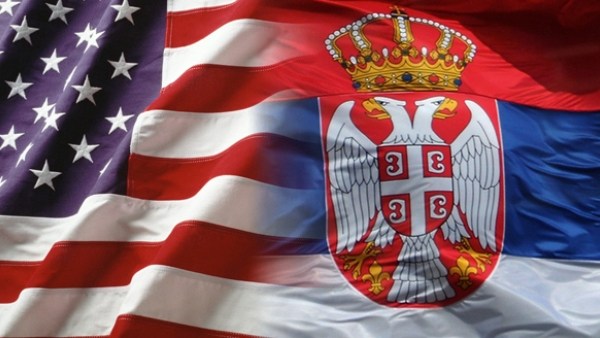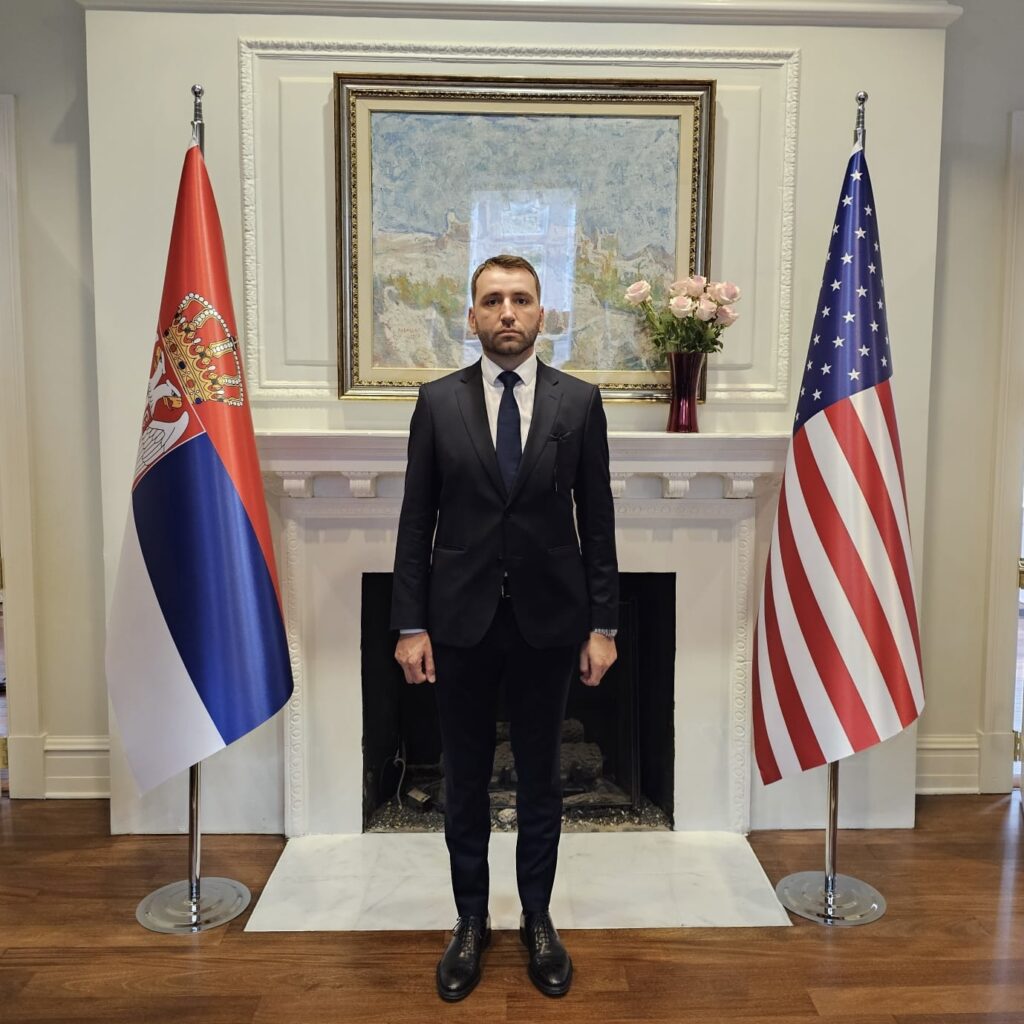The informational space in Serbia is significantly shaped by pro-Russian and pro-Chinese narratives, disinformation, and inaccurate information, influencing public opinion on a wide range of topics, international relations, the aggression in Ukraine, economic cooperation, and values. A deeper analysis of media content is not necessary to conclude that Serbian media is not immune to these false narratives, especially concerning national frequency TV stations, cable TVs, numerous YouTube channels, and media portals where incompetent promoters of anti-Western narratives are dominant. TV hosts and journalists often lack adequate knowledge and necessary skills to effectively counter these false narratives, and sometimes they are the ones who encourage them. The media space is yearning for highly qualified analysts and participants who have the appropriate knowledge base and skills for public dialogue, just as society, despite a large part of it may not consciously feel the need, yearns for truthful information based on facts.
The fact is that even those media outlets that strive for more objective reporting, including some of the most-watched channels with national broadcast licenses, face a significant challenge – a lack of competent analysts for foreign policy, economic, and security issues who are willing to appear in the media and provide analyses based on facts and the benefits for Serbia from closer integration with Europe, the United States, and Euro-Atlantic structures. This gap leads to constant misinformation of the Serbian public about the advantages of closer ties with the West, as unqualified and hostile commentators, often promoters of propaganda, misinformation, and inaccurate information, dominate the airwaves.
The situation is further complicated by the global increase in disinformation due to Russian aggression in Ukraine. The Western Balkans, including Serbia, has been a long-term target of Russian active measures. These active measures prioritize several objectives that intensify during crises. Russia’s strategic goal in the Western Balkans is to prevent full Euro-Atlantic integration. One direction of Russia’s efforts is shaping public opinion. Over more than 30 years, Russia has carefully nurtured anti-Western sentiments, contributing to the current media landscape predominantly driven by narratives contrary to Serbia’s European integration.
In the context of the public information space, our case study primarily focuses on the dissemination of misinformation and impact operations, examining their repercussions on public opinion in Serbia. These aspects can be categorized into information operations and influence operations, both significantly utilizing the public information space as a crucial element in anti-Western activities.
An analysis of major television stations and their YouTube channels reveals that approximately 80% of the content strongly supports anti-Western narratives. Narrative and discourse analysis indicates that anti-Western content is based on fake news, disinformation, and inaccurate or distorted information. Public dialogue is largely dominated by prevailing anti-Western narratives, with few objective public commentators, even when given the opportunity to express their views, usually having to struggle to be heard in a mostly unfriendly environment in most television programs, emphasizing the imbalance of information provided to society by the media.
The domestic information space, now chronically, lacks a sufficient number of objective interlocutors who would confront facts with anti-Western narratives in the current media environment.


